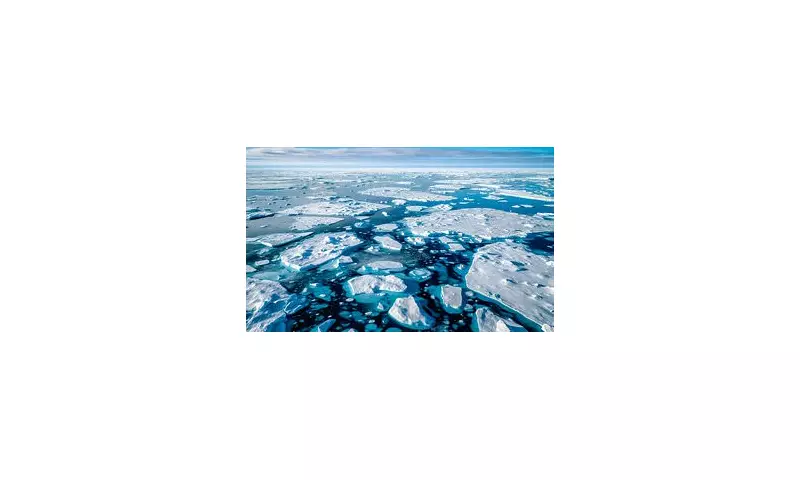
In a discovery that has stunned the scientific community, researchers have uncovered evidence of life forms thriving in one of Earth's most hostile environments - the pitch-black world beneath Arctic sea ice.
The Impossible Becomes Possible
Scientists working in the frozen Arctic regions have documented marine organisms flourishing where conventional wisdom suggested nothing could survive. The complete absence of sunlight and freezing temperatures beneath the thick sea ice had long been considered an insurmountable barrier to life.
This remarkable finding challenges fundamental assumptions about where and how life can persist on our planet, potentially rewriting textbooks on marine biology and polar ecosystems.
A Hidden World Revealed
Using advanced underwater technology and sampling equipment, the research team penetrated the icy barrier to reveal a world teeming with unexpected biological activity. The organisms discovered appear to have developed unique adaptations that allow them to not just survive, but actively thrive in conditions that would be lethal to most known life forms.
'We're looking at what should be impossible according to our current understanding of biology,' one researcher noted, speaking on the condition of anonymity ahead of the formal publication.
Broader Implications for Science
This breakthrough discovery raises profound questions about:
- The limits of life on Earth
- Potential for life on other planets with similar conditions
- How ecosystems function in extreme environments
- The resilience of marine life in the face of climate change
The research team emphasizes that this is just the beginning of understanding these mysterious organisms and their survival strategies. Further studies are already being planned to unravel the secrets of how life persists in what was once considered a biological desert.
As climate change continues to transform polar regions, discoveries like this highlight how much we still have to learn about Earth's most remote ecosystems and their remarkable inhabitants.





